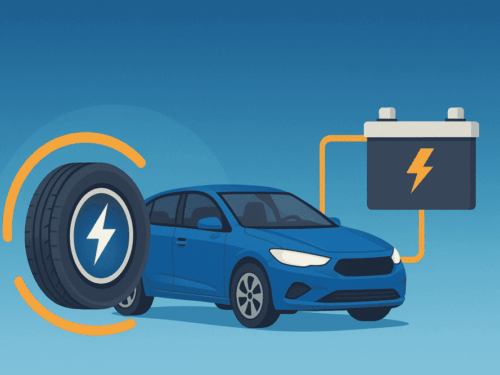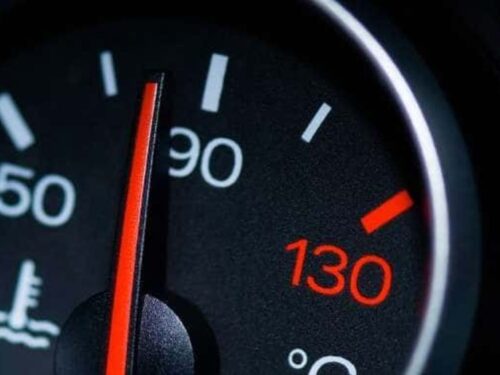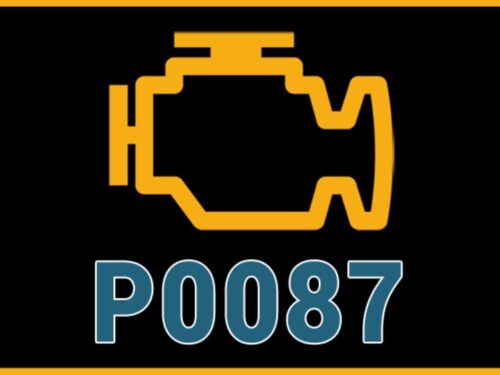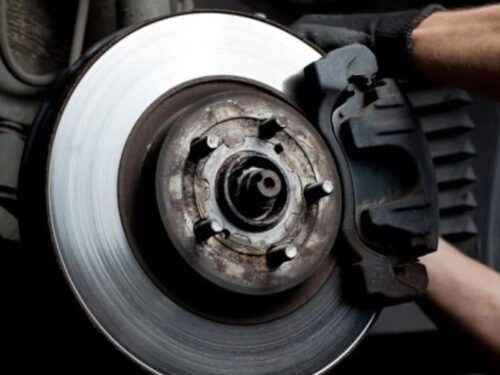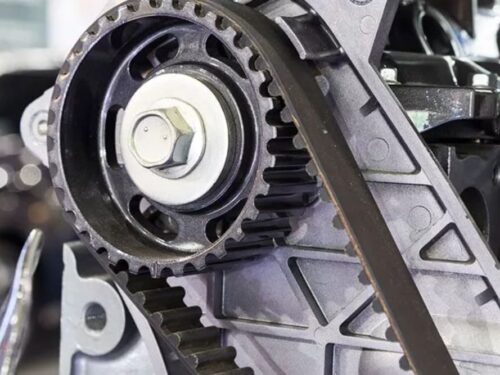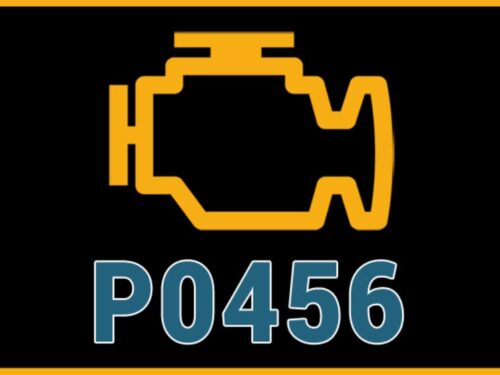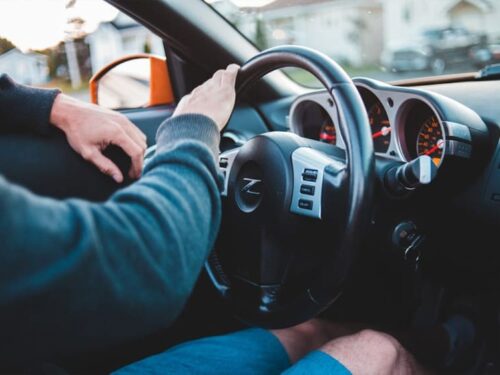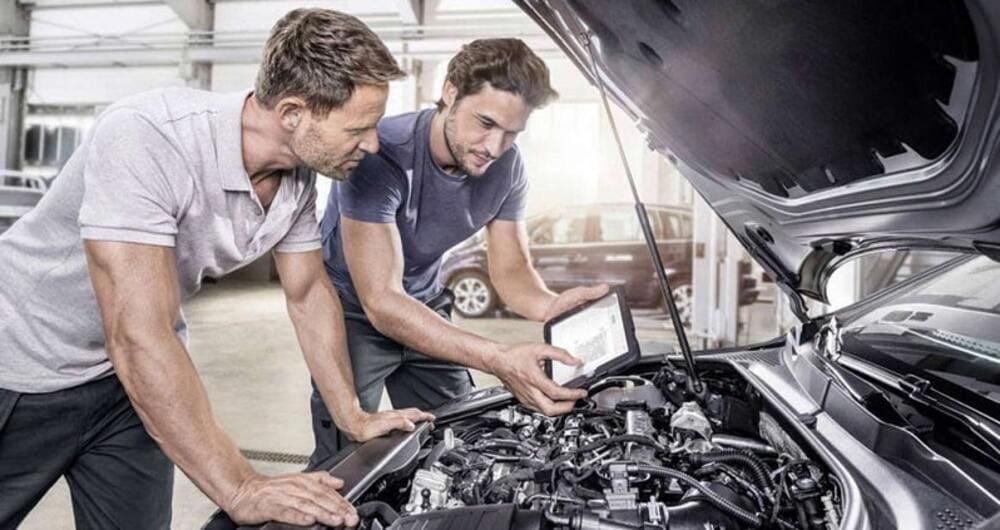
It’s safe to say no one would purchase a house without examining it – not even if the current house-owner claimed that everything about the property is perfect and in order.
Why? Mainly because a lot of money is involved in a house purchase, and there are several things that might be wrong and fixing them could cost you extra.
For a lot of people, a vehicle is their life’s second-most expensive purchase and one that is highly complex. Naturally, a car is made up of numerous parts, any of which might require repair, and many of which might affect your and the car’s safety.
This is why a pre-purchase car inspection is not just essential, but also much more comprehensive than we think. Hence, if you are not an expert in the vehicle department, it is best to hire a trusted automotive technician who can conduct a thorough examination of the car before you pull out your checkbook.
The entire examination process takes at least 45 minutes, and will normally include all of the following:
- Test drives
- Monitor assessments
- Assessing the monitors of the car’s computer system
- Assessing the dash warning bulbs and lights
- System checks
- Electrical
- Charging and battery
- Exhaust
- Interior and exterior lights
- Heating & Cooling System
- Ignition
- Cooling and radar
- Mechanical assessments
- Suspension components
- Steering linkage
- Belts and hoses
- Assessments to ensure that no fluids are leaking
- Maintenance assessments
- Brakes and tires
- Windshield wipers/washers and glass
- Fluid condition and levels
This feels like a lot, and probably because it is. As a matter of fact, a comprehensive vehicle examination must involve approximately 200 checkpoints. While searching for a car, you are probably considering factors, such as model, make, color, price, stereo, door numbers, and so on. In other words, the tangible aspects of the vehicle are what attract you to it. However, the elements that determine the success or failure of your car purchase are often intangible in intangible, hidden, and unknown. At the end of the day, the color and hood of your vehicle are not of much use if it cannot safely take you from one point to another.
How to Schedule a Vehicle Inspection?
Now that you know exactly what an exhaustive vehicle inspection entails, the next question is how you can schedule a vehicle inspection prior to closing the deal. In most cases, car sellers allow potential customers to take the car and get it inspected. If you find your prospective seller declining or hesitating at your request for an inspection, you should see this as a red flag and turn to another seller.
Ideally, you should be able to borrow your chosen vehicle from the dealer or seller, arrange an inspection, and drive the vehicle off to where the inspection has been scheduled. If your seller is not allowing you to take the car by yourself, you could always ask them to accompany you to the inspection spot. You could also consider mobile inspection, although such inspections are not very comprehensive, since they do not involve lifting the car to examine the vehicle’s ball bearings and any other components present underneath or for any leakages.
Make Sure to Choose a Third-Party Vehicle Inspector:
Dealers often avoid reporting any problems with their cars. Getting any issues repaired would cost them money, and it is obviously in their best interest that this money is taken out from your pocket instead of from theirs. This means that, regardless of how much the dealer tries to assure you about the flawlessness of their car, do NOT take them at their word.
Instead, you must find an independent inspector – ideally someone whose primary profession is car inspection. A lot of repair shops emphasize less on inspections and more on repairs. The mechanics working at such shops do not enjoy examining vehicles, and will therefore try to get it done as quickly and shallowly as possible. For this reason, you must find an inspector possessing a trained and keen eye, and is fully focused on their task. Make sure that the vehicle is lifted during the examination, and do not forget test driving it once the examination is over. No matter what anyone says, there is absolutely no shortcut when it comes to vehicle inspection.
Get a Well-Documented and Thorough Inspection Report:
Ideally, you should get an online report that also contains pictures. In the old days, an inspection report would be a mere paper lined with various checkmarks. Thankfully, in the modern era, the automotive industry, like many others, prioritize transparency over everything else. Hence, today, there is nothing stopping you from obtaining a high-quality inspection report from an equally high-quality inspection company.
Benefits of Vehicle Inspection before Buying:
1) ALLOWS YOU TO KNOW WHAT THE VEHICLE’S ACTUAL WORTH IS:
A key reason that we recommend pre-purchase inspections is that they allow you to decide a fair vehicle price based on the basis of its actual condition. More often than not, dealers will quote prices that are higher than the car’s actual worth.
Inspection carried out by a capable and experienced inspector lets you determine the vehicle’s current state. With a thorough assessment, you can learn if what you are paying for the car is really worth it, and if the car will even last you enough to make the investment worthwhile.
2) OPENS THE DOOR TO NEGOTIATIONS:
Learning the actual vehicle value can fetch you a better final deal, since you will now not be lured into overpaying.
If the vehicle inspection reveals multiple issues, you can use the inspection report to leverage a lower price. The amount that you will be paying for prospective repairs is also a crucial factor in determining a vehicle’s value. If the seller declines your best offer, you can simply walk away with the satisfaction that you avoided a potential rip off.
3) LOWERS MAINTENANCE EXPENSES:
Alongside repairs, you must also consider maintenance costs during the purchase of a used vehicle. Even if the vehicle is operating fine during the negotiation process, remember that worn-out oil filters, brake pads or tires will eventually require replacements.
Once again, a professional inspector can give you a fair idea about the amount that you will be spending on a vehicle’s maintenance.
Final Word
While even the most thorough of inspections cannot promise to identify every flaw in a vehicle, getting the car looked at by a trained inspector can enable you to avoid the most serious problems. Spending a few dollars and a couple of hours of your time on inspection is certainly worth it, especially when you consider that you will eventually be paying several thousand dollars for the car. While you concentrate on the aesthetic aspects of the vehicle, let a trained inspector focus on the mechanical nitty-gritty. If your inspector offer warranties on their findings, that is even better.
Courtesy of paautoinspection

